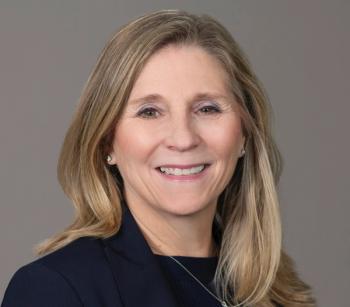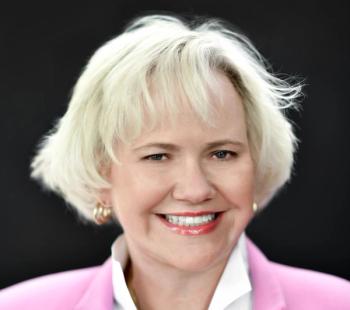
How the FDA is Shaping the Future of Clinical Trials
“We are at an inflection point when it comes to the reductionist design process."
In 2017, it isn’t common to hear someone call the political climate “as good as it’s ever been before.” At the Patient-Centered Oncology Care meeting in Philadelphia, the FDA’s Frank Weichold, MD, PhD, did just that.
Weichold was speaking narrowly: For the FDA, at least, the political climate is conducive to progress. Congress has bilaterally backed the modernization of the FDA. Thanks in part to the 21st Century Cures Act and new Commissioner Scott Gottlieb, MD, the agency is streamlining how it reviews and approves drugs, tests, and medical devices.
Weichold serves as director of Critical Path and Regulatory Science Initiatives in the FDA. He said the 21st Century Cures Act makes the agency an active participant in drug development by encouraging changes in clinical trial infrastructure.
“We are at an inflection point when it comes to the reductionist design process [of trials]” he said. The agency is moving towards a more holistic approach, and that requires a lot of disparate data.
Traditional clinical trials are divorced from the day-to-day lives of participating patients, he said. With more data attainable than ever, Weichold argued the necessity of creating trials that rely on real-world evidence and analytics.
The FDA wants future platform trials to consider a few key elements, Weichold said. Study design and timeline should be aligned to specific objectives, and statistical design should be given clear rational. Perhaps most importantly, trials need to have flexibility. The standard of care landscape is dynamic, and medicine’s concept of good care or outcomes may shift during the course of an ongoing trial.
Unfortunately, to Weichold, the problem continues to be interoperability. Real-world data often has to be translated through 6 or more different structures before they can be analyzed in clinical research, he said. That process eats time and resources while increasing the probability of errors.
Weichold envisions a world in which patients willingly and freely share comprehensive health data in a standardized format. As idealistic as it sounds, he said, there was precedent: Some European countries have had a measure of success creating such systems. He also mentioned the
Weichold said that the problem is not technology but culture.
“We have to liberate health data from all of us, so anyone is empowered to share their data,” he said. Earlier in the speech, he noted that FDA-regulated products account for 25 cents on every consumer dollar in the US. “Perhaps through a data bank we’ll all have the ability to gain value [from our data] being used.”






















































































